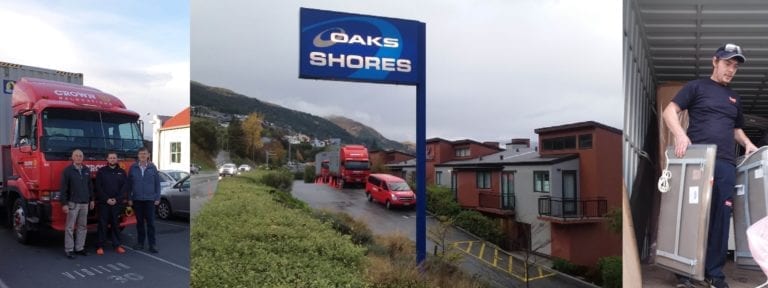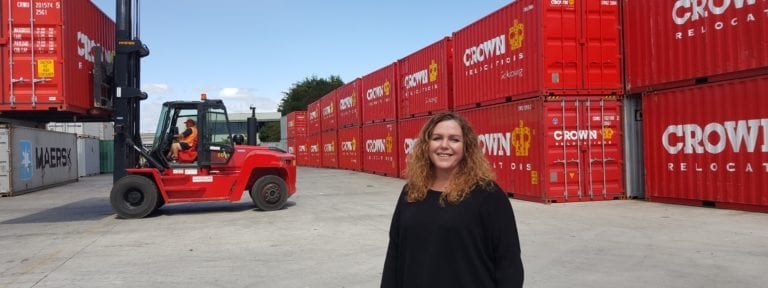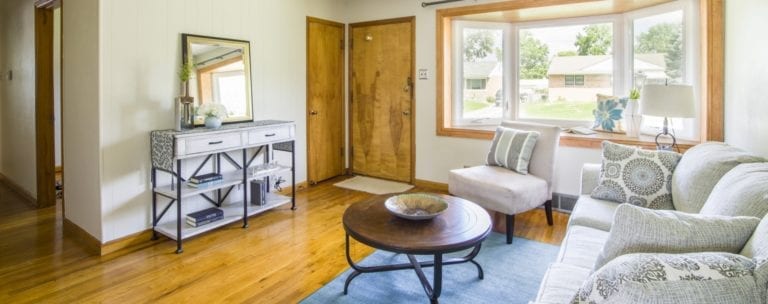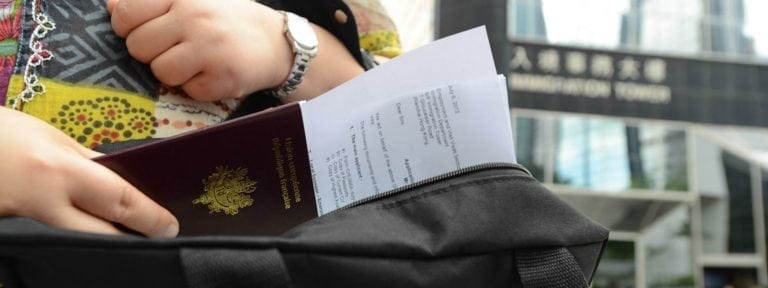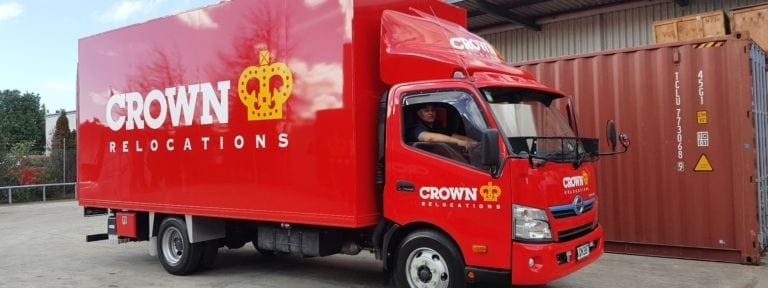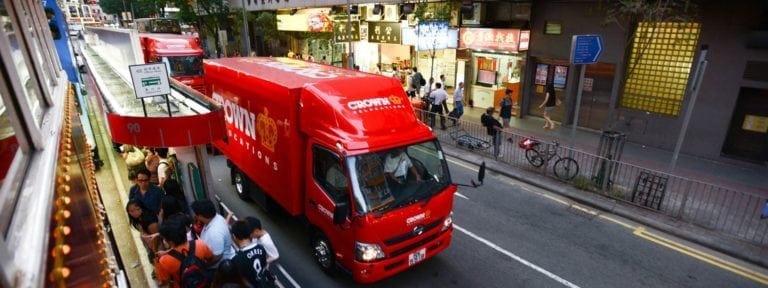Mobility professionals need to be vigilant when arranging accommodation with or on behalf of employees on transfer. At Crown World Mobility we recommend you stay clear of airbnb as a transit or short term accommodation option. In this article we will explain why.
Just as Uber has revolutionised the taxi industry, airbnb has become a popular alternative to the traditional hotel, motel and serviced apartment model for short to medium term accommodation needs. Many of our transferees are gravitating to this style of accommodation with the full support of their employers, especially those who are allowance based. Airbnb make it easy for transferees and/or their employers to find inexpensive accommodation in many different locations.
As with Uber there are certainly positive aspects to the airbnb service, particularly for transferees relocating with children. This style of accommodation is sometimes perceived as a more ‘homely’ option and can appear to offer superior flexibility of geographical location; for example, closer to new workplaces, within preferred school zones, or in desirable suburbs.
However, from the employer’s perspective there are some important business implications that need to be considered. The ultimate goal for everyone is a successful, satisfactory relocation experience and any avoidable stresses or issues encountered by the transferee and family can have a very negative impact on your business.
Should an employer opt for the airbnb option, it is critical they ensure insurance arrangements are in place to protect transferees while under the company’s relocation umbrella. In the instance that personal items, cash, or valuables are stolen (by the host, other guests, or burglars) there must be cover in place as airbnb’s policy dictates that they do not take responsibility.
Understandably, airbnb owners will promote their properties in the most glowing terms possible. But there are no statutory pre-checks or government approved standards to confirm the individual owners’ sales pitches. If an employee arrives at company sponsored accommodation and it isn’t up to the standard expected, the responsibility for locating alternative accommodation, attempting to negotiate termination of the agreement, and/or the pursuit of a refund, will all generally fall back on the company.
Double bookings have been one of the biggest ongoing issues with airbnb accommodation, particularly in peak seasons when suitable alternatives may not be available. Invariably this will result in a significant additional expense in sourcing an alternative. If the company is sponsoring the accommodation there is a ‘grey area’ of responsibility which can negatively impact the employment relationship.
While airbnb is generally considered a cost effective option they are, of course, still in business to make a profit. The service provides limited flexibility around the booking and payment process and full payment is required very early in the process. There are no guaranteed cancellation fees, and in many cases no opportunity to secure a refund if the stay is shortened.
Many transferees will extensively research their geographical options and choose an airbnb close to the residential and school zone they feel will suit best over an extended period of time. It is important to understand that in most cities there is no guarantee of enrolment under a zoning scheme, they would need to discuss and negotiate with the school in question. Just booking into airbnb accommodation in the correct school zone will not suffice. This is a process that our Mobility experts are intimately knowledgeable about and have firsthand experience of, with their own children and life decisions.
Some of the other issues transferees may face in airbnb accommodation can include:
- There can be limited control over the number of guests at a property and shared facilities (e.g. kitchen, bathroom, laundry) can soon become overcrowded and unsanitary.
- A fully stocked kitchen may have been advertised, but will the transferee actually have the facilities and equipment to cook a satisfactory meal?
- While the property may look attractive, there can be issues with other guests having late nights, parties and in some cases having direct access to a transferee’s personal space.
- Some properties are not serviced, or the servicing is not performed by adequately vetted personnel. In the event cleaners and maintenance teams have direct access to a transferees lodgings there can be issues around personal safety and theft.
This is why the Crown Mobility recommendation is always that employers choose options from within the established accommodation sector. It may cost a little more on the initial invoice but in the bigger picture, when potential costs (and risks) are taken into account, this will be far less significant than the substantial consequences when an airbnb placement goes wrong.
We also suggest that even with a ‘hands off’ allowance or reimbursement arrangement, employers do their due diligence and stay involved to ensure their transferees are making sound decisions. Ultimately, the employer will be responsible for the transferee’s relocation experience and there can be significant business ramifications if it all goes wrong.
If you are unsure as to what’s the best approach for you and your organisation, please don’t hesitate to contact us, anytime, for a free, no obligation consultation!
Written by Kerry James, Mobility Services Manager of Crown World Mobility. If you wish to discuss this article you can contact Kerry via email: [email protected] or call: 027 471 7290















